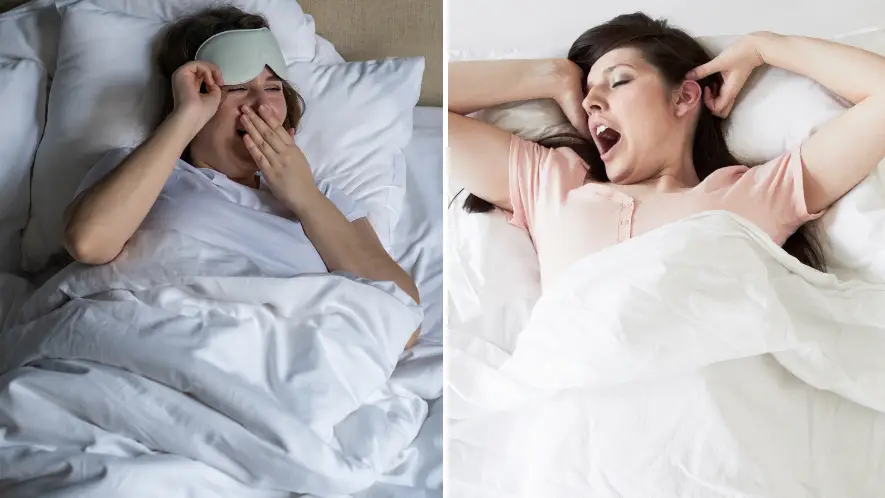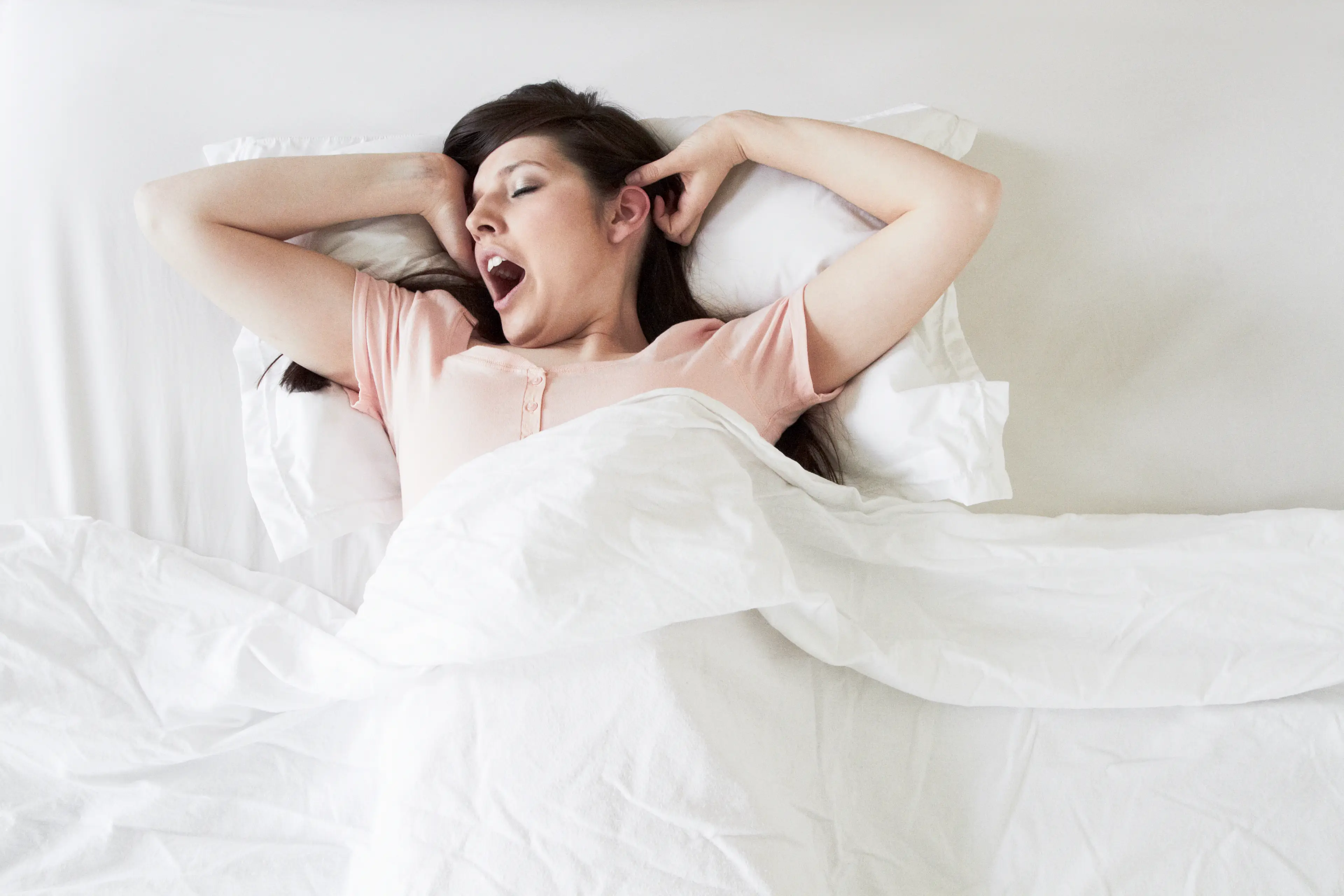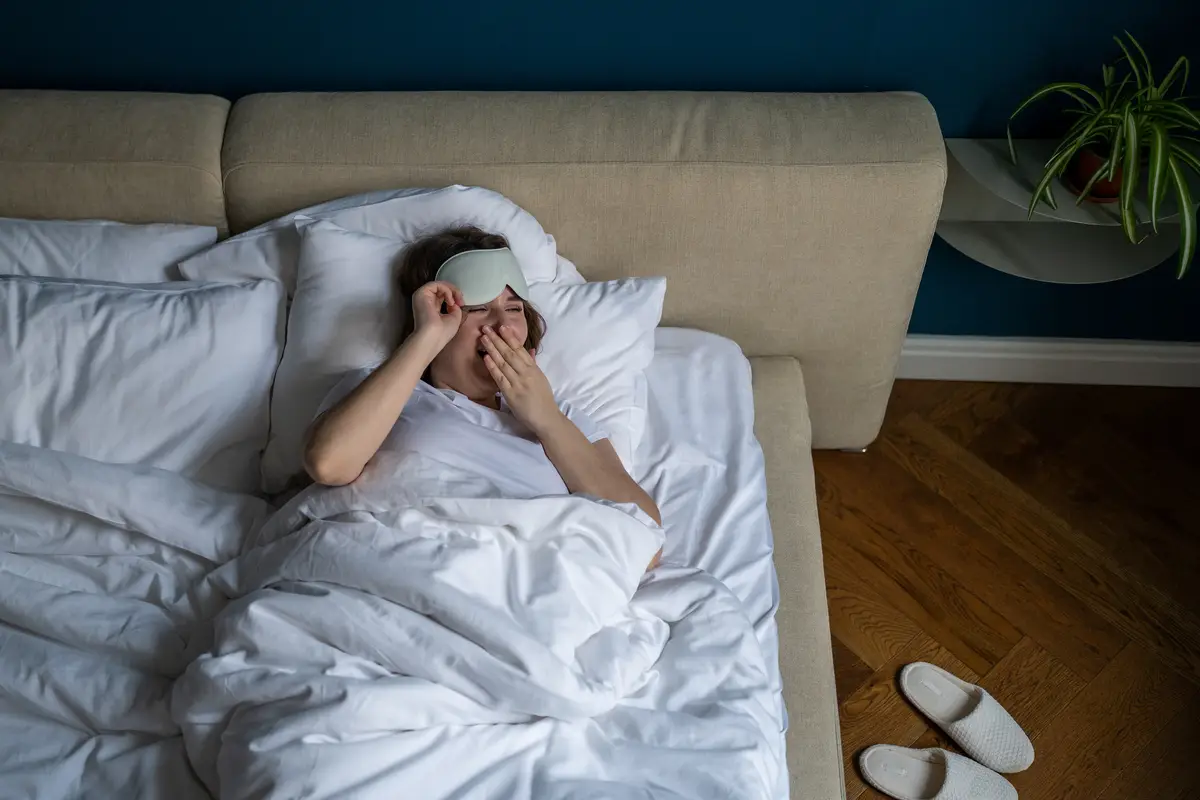
If you've ever woken up with a dry mouth, chances are you'll assume you've just been snoring in your sleep or had one too many the night before.
It might also serve as a reminder to fill up your water bottle more regularly, as it can also be a sign of dehydration.
However, it may be down to something much more specific that has never crossed your mind.
According to the NHS website, a dry mouth is 'rarely a sign of anything serious', and there are 'things you can do to help ease it yourself'.
Advert

These include:
- drinking plenty of cold water – take regular sips throughout the day and be sure to keep some water by your bed at night
- sucking on ice cubes, ice lollies or sugar-free sweets
- sipping on cold unsweetened drinks
- chewing sugar-free gum
- using lip balm if you find your lips are also dry
- brushing your teeth twice a day and using alcohol-free mouthwash – tooth decay is more likely if you have a dry mouth
As well as these, be sure not to: drink lots of alcohol, caffeine or fizzy drinks; eat foods that are acidic, spicy, salty or sugary; smoking; sleeping with dentures in; using acidic artificial saliva products if you have your own teeth; stop taking a prescribed medicine without getting medical advice before.
The NHS lists some of the usual suspects as potential reasons behind your dry mouth.
As well as dehydration and breathing through your mouth at night - which can also often happen if you have a blocked nose or tend to sleep with it open - other well-known causes include anxiety, oral thrust and cancer treatment.
However, there's also another simple culprit that could be to blame - medicine.
"Check the leaflet that comes with your medicine to see if dry mouth is a side effect," the NHS advises.

You should consider going to see a doctor if a dry mouth is making it difficult to talk or eat, if you're having problems with your taste, if your mouth is painful or bleeding, or if you think a prescribed medication is causing it.
You should also make an appointment if you have white patches in your mouth as well as soreness, or if at home treatments from the pharmacy haven't helped after a few weeks.
So now you know.